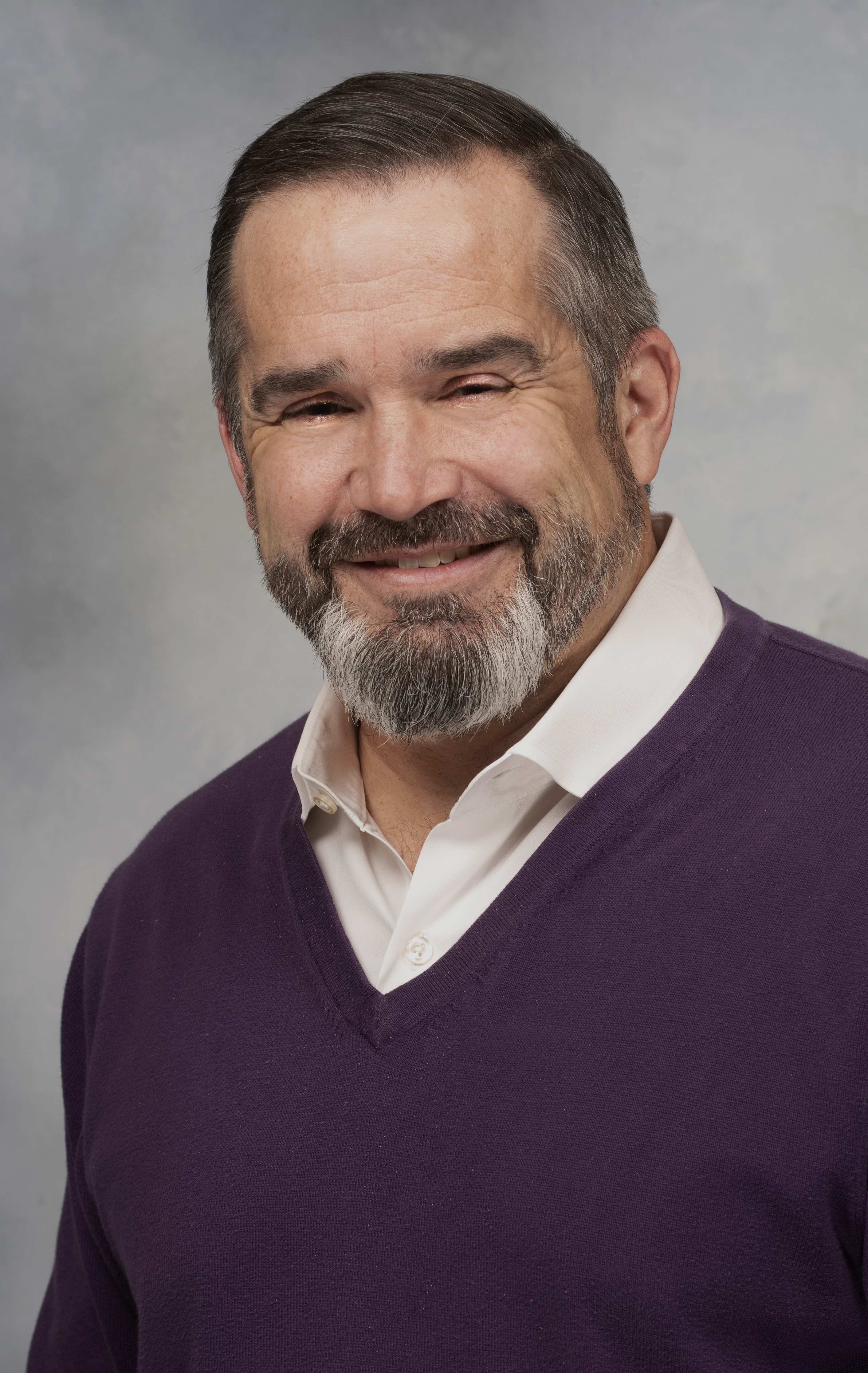December 13, 2022
The Cooperative in Cooperative Extension Part 1

Have you ever thought about the term “cooperative” in our Cooperative Extension system? With so many new and newer extension professionals on our team and new board members coming on, I thought it would be a good time to dedicate a couple of Tuesday Letters to this topic.
When Cooperative Extension started, it was intended to be a cooperative venture between the national (via the federal legislature and administered via USDA NIFA), state (via the state legislature and administered by the state’s Land-Grant University), and local (via the county, parish, or similar elected authority). Cooperative Extension was to be cooperative in terms of programming and funding. In Kansas and a few other states, the cooperative arrangement extends to local unit governance, as well.
I will focus on programming in this issue. Programming ideas can come from any of the local, state and federal partners. Typically, federal programming ideas are filtered through the USDA by various means:
- Some are mandated, but it is up to the state to adopt or not adopt most nationally encouraged programs.
- Some are developed in conjunction with the national program teams of the Extension Committee on Organization and Policy, a confederation of our Cooperative Extension systems commonly referred to as ECOP. The programming ideas are then communicated through a state’s Cooperative Extension administrative leadership or its specialists.
In Kansas, our Cooperative Extension system is structured so that the programming needs of our local K-State Research and Extension units are listened to and considered. I sometimes hear that interpreted as local units do not need to consider the programming ideas generated by regional and state specialists or state administration. That is not the case. We cooperate. Why would we want to limit good programming ideas?
In our K-State Research and Extension system, agents work with our elected (in counties) or appointed (in districts) Program Development Committees to determine local issues and local programming needs. The agents are then supposed to bring these ideas to share with the members of their Program Focus Teams and, when topically appropriate, the Transdisciplinary Teams.
At the Program Focus Team meetings, the programming ideas of the agents and specialists and those from administration are considered. Where there are significant common needs, the Program Focus Team sees to it that a program is developed or procured. This helps to ensure that we are addressing the local unit need without replicating the program development effort in each local unit that needs that particular program.
Some Program Focus Team or Transdisciplinary Team programs become Signature Programs. These are programs that each Program Focus Team has indicated are particularly important to emphasize, implement and track across the entire state. Each agent is supposed to select one Signature Program (either from the agent’s Program Focus Team or another) to deliver, evaluate and report on.
What if a local unit has a programming need that is not picked up by the Program Focus Team? If the priority on the programming needs is such that it has to be addressed during the upcoming year, agents -- especially in conjunction with a specialist -- can develop an educational event(s) that addresses that need.
Thus, communicating about needs and programming is critically important. One day-to-day aspect of this is the communication between agents, specialists and researchers about events within a local unit.
Specialists and researchers: If you have a research project, speaking event, or another type of activity in a county or district, contact the agent(s) in that local unit and let them know. Besides being the collegial thing to do, this will help facilitate matters if someone who attended the activity comes to the extension office for additional follow up.
We have had situations where the agent was unaware of any such activity or project. That’s embarrassing. Agents, if you are considering bringing in a speaker who covers material similar to one of our specialists, contact that specialist and talk to them about it. This is also the collegial thing to do, but the specialist may be able to help you locate an excellent speaker.
We have had instances when specialists were not consulted about a speaker and the speaker presents controversial information that is not substantiated by research. That is an embarrassment to our system.
Obviously, the term cooperative is part of our Cooperative Extension system. I hope the preceding paragraphs describe how our system is cooperative in terms of programming. Next week, I will write about how we cooperate with regard to funding K-State Research and Extension and our Cooperative Extension system.